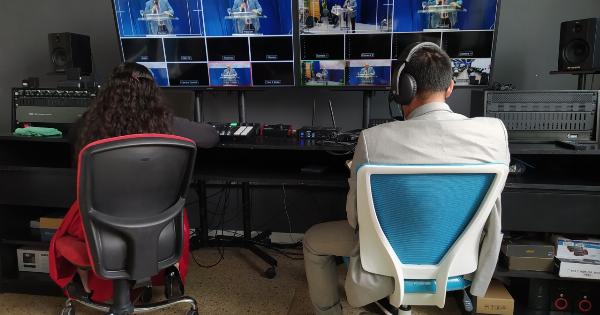Men and Extra Points: How the Myth Continues.
The Myth of Men and Extra Points
For decades, there has been a prevalent myth in society that men are somehow inherently better at certain tasks or experiences, giving them an unfair advantage.
One example of this myth is the belief that men receive more praise or recognition for similar achievements, leading to the notion of “extra points” being awarded to them in various aspects of life. While society has made significant progress in addressing gender biases, this persistent myth continues to influence perceptions and perpetuate inequalities.
This article delves into the origins of this myth, examines its impact, and explores ways to challenge and dismantle it.
The Origins of the Myth
The myth of men receiving extra points can be traced back to historical gender roles and societal expectations. In many cultures, men have traditionally held positions of power and authority, while women have been confined to domestic roles.
This power dynamic created a perception that men deserved additional recognition and praise for achieving success in areas traditionally associated with masculinity, such as career advancements or sporting achievements. These beliefs became deeply ingrained in societal norms and paved the way for the myth to persist.
The Impact of the Myth
The perpetuation of the myth of men and extra points has far-reaching consequences. It not only reinforces gender stereotypes but also undermines the achievements and contributions of women.
When men receive undue praise or recognition for their accomplishments, it often goes unnoticed or undervalued when women achieve similar feats. This can lead to a lack of representation and opportunities for women, as well as the perpetuation of a male-dominated narrative.
Furthermore, the myth has a profound impact on the self-esteem and confidence of women, who may feel inadequate or overlooked due to societal biases.
Breaking the Myth: Recognizing Gender Bias
Challenging and debunking the myth of men and extra points requires recognizing and addressing gender bias in various domains. This includes education, the workplace, media representation, and even interpersonal relationships.
By acknowledging the inherent biases that exist, we can begin to dismantle them and strive for more equitable recognition and praise for all individuals, regardless of their gender.
Addressing Gender Bias in Education
One crucial step in breaking the myth is addressing gender bias in education. Teachers and educational institutions play a significant role in shaping perceptions and beliefs.
By promoting a gender-inclusive curriculum and ensuring equal opportunities for both boys and girls, we can challenge the notion of extra points for one gender over another. It is essential to encourage and celebrate the achievements of all students, regardless of their gender, to foster a more inclusive and supportive learning environment.
Creating Equal Opportunities in the Workplace
The workplace is another arena in which the myth of men and extra points persists. Gender biases can impact hiring decisions, promotions, and overall recognition.
To combat this, organizations must implement policies that promote gender equality and diversity. This can include initiatives such as blind hiring processes, mentorship programs for women, and training programs to raise awareness of unconscious biases.
Additionally, leaders within organizations should be committed to promoting an inclusive and equal work environment, recognizing and valuing the contributions of all employees.
Challenging Media Representations
Media plays an influential role in shaping societal norms and perceptions. Unfortunately, it often perpetuates the myth of men receiving extra points through biased portrayals.
To challenge this, it is crucial to demand and support diverse and accurate representations of all genders in the media. This includes advocating for equal opportunities for female actors, promoting stories that defy conventional gender norms, and supporting media outlets that prioritize fair and balanced coverage.
By challenging these representations, we can dismantle the myth at its source and foster a more inclusive media landscape.
Fostering Equal Relationships
The myth of men and extra points can also manifest in personal relationships. It is essential to recognize and challenge any biases or expectations that may exist within our own relationships.
This involves promoting open and honest communication, actively listening to each other’s experiences, and sharing household and caregiving responsibilities equitably. By fostering equal relationships, we can create a supportive foundation that challenges societal biases and empowers individuals to reach their full potential.
Celebrating the Achievements of All
To counteract the effects of the myth, it is crucial to celebrate and highlight the achievements of all individuals, regardless of their gender.
This involves recognizing and raising awareness of the contributions of women in traditionally male-dominated fields, such as STEM or sports. Creating platforms that amplify diverse voices and experiences can help challenge existing biases and provide role models for future generations.
By collectively celebrating the achievements of all, we can work towards a more inclusive and equal society.
Conclusion
The myth of men and extra points persists in various aspects of society, perpetuating gender biases and hindering progress towards equality.
By acknowledging the origins of this myth, understanding its impact, and actively challenging gender biases, we can work towards dismantling it. It is essential for individuals, institutions, and society as a whole to recognize the achievements and contributions of all individuals, regardless of their gender, to foster a more equitable and inclusive future.






























